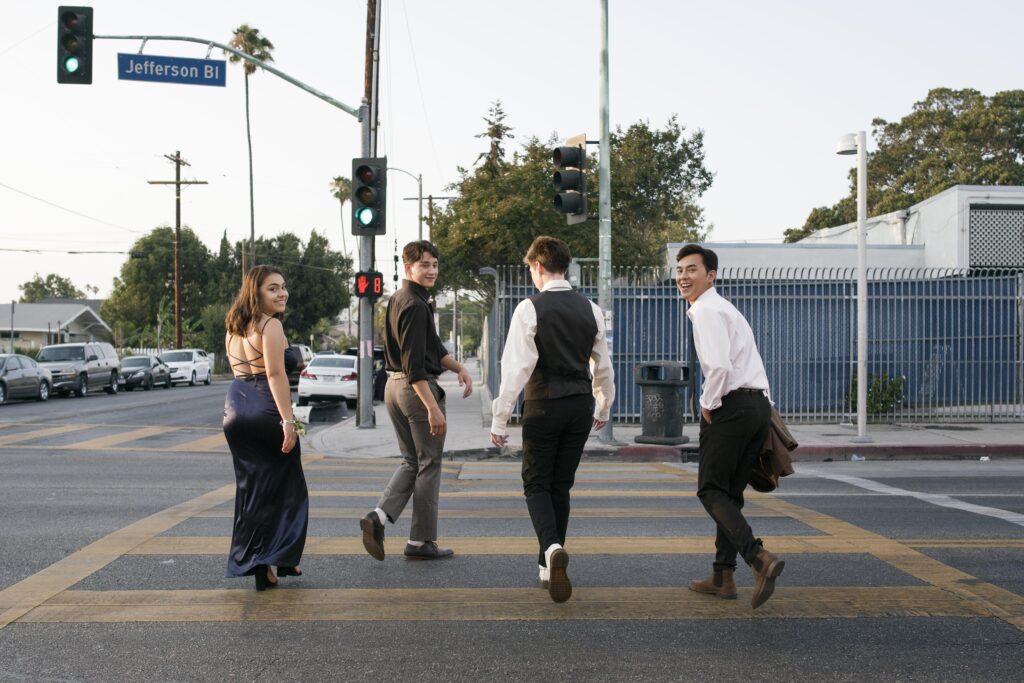Old legal issues don’t always stay in the past. Many people in California are surprised to learn that a warrant issued years ago can still come back to haunt them, sometimes at the worst possible moment. Whether it stems from a missed court date, an unresolved charge, or forgotten citations, an arrest warrant can remain active for years without warning.
That leads to the big question: Do arrest warrants expire in California?
The short answer is no, but the full explanation involves understanding how different types of warrants work, how the statute of limitations comes into play, and what steps you can take to protect yourself. This guide will walk you through what you need to know and how a defense attorney can help you handle it before it becomes a bigger problem.
What is an Arrest Warrant?
An arrest warrant is a court-issued order that gives law enforcement the legal authority to take a person into custody. It’s typically based on a sworn statement from a police officer or prosecutor establishing probable cause that a crime has been committed. This is not a civil issue or administrative formality; it’s a serious legal tool meant to initiate or enforce criminal proceedings.
Once issued, an arrest warrant empowers police officers to arrest you anywhere, anytime. You might get picked up during a traffic stop, at work, or even while trying to renew a license or apply for a job. If the warrant is active, there’s no expiration clock quietly ticking down in your favor. It remains valid until resolved.

Types of Warrants
California recognizes several types of warrants, and each serves a different function with the legal system.
- Arrest warrants- Issued when law enforcement presents evidence to a judge indicating probable cause for criminal activities.
- Bench warrants- Typically issued when someone fails to appear in court or violates a condition of probation or parole.
- Search warrants- Authorize law enforcement to search a specific location for evidence.
- Wiretap warrants- Permit monitoring of phone calls or electronic communications under strict conditions.
- Seizure warrants- Allow authorities to confiscate property suspected of being linked to criminal activities.
- Material witness warrants- Used to compel essential witnesses to testify in court.
- Deportation warrants- Issued by immigration authorities for individuals facing removal from the county.
- Fugitive warrants- Used to detain someone wanted in other jurisdictions.
For most individuals concerned about their legal standing, arrest warrants and bench warrants are the most pressing. These can impact your freedom and everyday life.
Do Arrest Warrants Expire in California?
No, arrest warrants don’t expire in California.
Once a judge signs off on an arrest warrant, it remains active indefinitely until one of two things happens: the person is arrested, or the court formally recalls the warrant. It doesn’t matter how old the warrant is. If it was legally issued and remains unresolved, it can still be enforced today.
This often surprises people who assume warrants are wipes away over time, like traffic tickets. However, in California, the courts don’t automatically review or clear old warrants. Even if the underlying crime was minor, the warrant still stands until formally resolved through legal channels.
Effect of Statute of Limitations on Arrest Warrant
The statute of limitations in California sets time limits on when the state can file criminal charges.
However, once an arrest warrant is issued, the clock stops. The legal pause is known as tolling. If the prosecution files charges and a warrant is issued, the statute of limitations is frozen, meaning the case remains active.
According to California Penal Code § 804, a criminal action is considered “commenced” when the warrant is issued. That means prosecutors aren’t restricted by deadlines if you’re avoiding arrest or are unaware of the warrant’s existence.
Need an example? If the statute of limits for a misdemeanor is one year, and a warrant was issued within that window, the case can remain open for decades.
How to Clear an Arrest Warrant
Clearing a warrant may sound intimidating, but it’s possible with the right legal help. In many cases, it can be resolved without being taken into custody. The process typically begins with a defense attorney verifying the warrant and assessing your legal options.
Depending on the severity of the charges, your criminal defense attorney may be able to:
- Schedule a court hearing to have the warrant recalled
- Appear in court on your behalf if the charge is a misdemeanor
- Negotiate with the prosecutor to avoid jail time
- Arrange for bail ahead of time to avoid surprise detention
The sooner you act, the more options you have. Waiting until you’re arrested limits your ability to negotiate favorable terms or avoid time behind bars.
Arrest Warrant vs. Bench Warrant
Both types of warrants can result in arrest, but they originate from different situations.
- Arrest warrants are usually issued during the early stages of a criminal investigation, based on probable cause.
- Bench warrants are issued after charges have been filed, often for failure to appear in court, failure to pay a fine, or failure to comply with a court order.
Bench warrants often involve minor infractions like unpaid traffic tickets or missed court appearances, but they’re still legally binding and can lead to arrest. Neither type expires.
How to Check if You’ve Got a Warrant
- Online Warrant Search Tools- Counties like Los Angeles and San Diego offer public search options on their court websites.
- Call the Court Clerk or Superior Courts of California- Provide your name and date of birth to see if there are any open warrants.
- Ask an Attorney to Check- This is the safest route, especially if you do have an active warrant. A lawyer can protect your rights and ensure you aren’t arrested in the process of checking.
How a Defense Attorney Can Help You
A defense attorney can confirm a warrant, negotiate with the court, and often resolve the issue without an arrest. They protect your rights and guide you through every step. Contact California defense attorney David L. Faulkner today to handle your warrant with experience and discretion.









